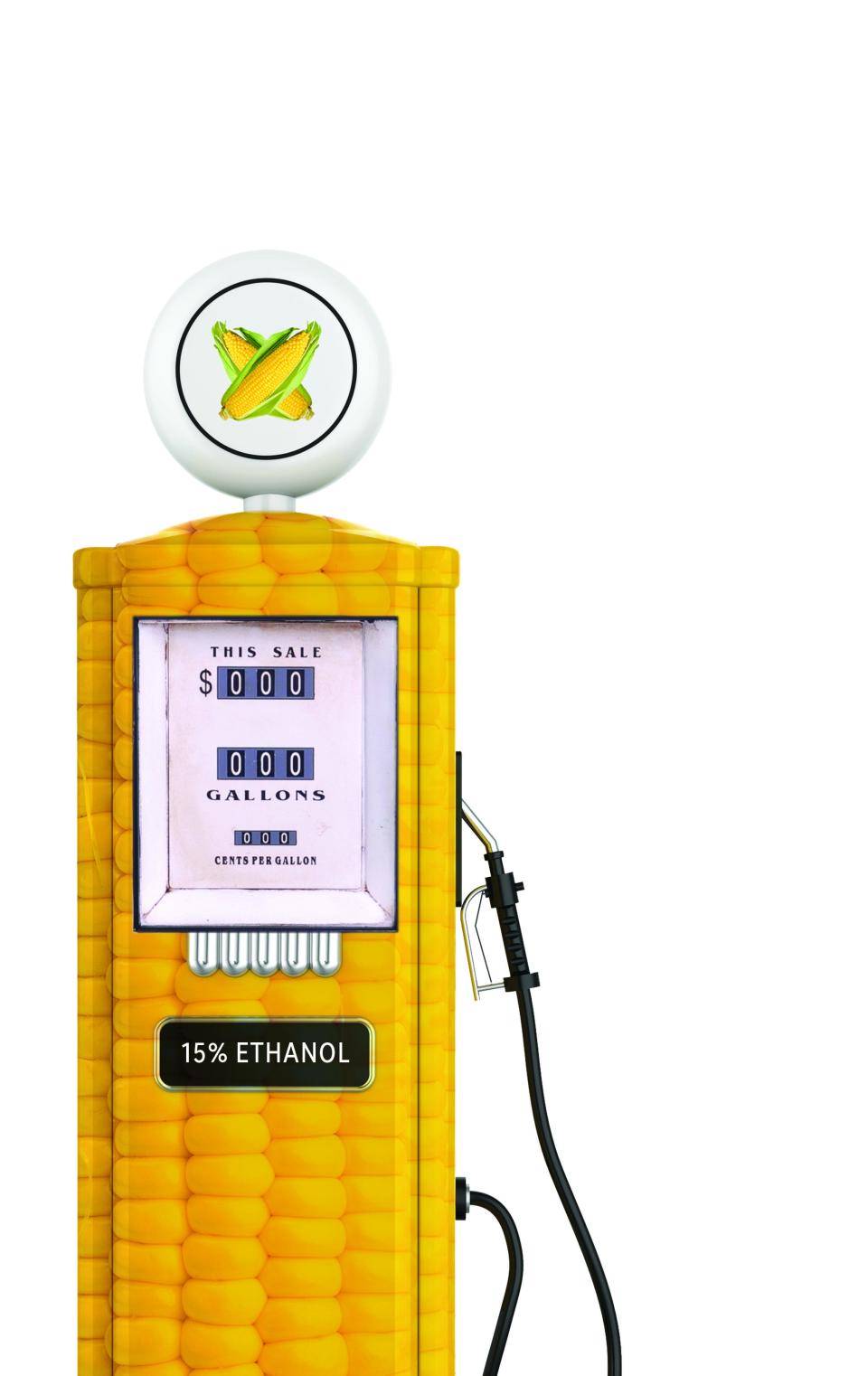Opinion: Iowa biofuels bill's benefits will be fleeting
Gov. Kim Reynolds told reporters on April 26 that it was a good deal and environmentally healthy to increase the minimum required percentage of ethanol in fuel sold in Iowa, in addition to expanding the availability of ethanol fuel over summer months.
It is a good deal — for corn growers who sell their raw product to ethanol producers. According to IowaCorn.org, 57% of the corn grown in Iowa is used to manufacture ethanol. Reynolds’ good deal also benefits the fertilizer industry that gains from increased sales to accelerate corn production. It’s also a good deal for consumers because of the offset in recent increasing costs of petroleum. The bill includes financial relief for gas stations with the state picking up between 70% and 90% of the infrastructure costs associated with meeting the new minimum standard (the state already pays 70% of the cost to provide E10 fuel).
More: As gas prices rise, Ernst and Grassley pitch biofuels to fill gap created by Russian oil ban
However, increasing the minimum required concentration of ethanol is not environmentally healthy. Consequences include threats to soil quality, water quality, and air quality. Iowa’s response to making petroleum available and affordable under current conditions (stresses in the worldwide marketplace where Russia is a major player, and inflation) is a short-sighted solution that does not consider long-term consequences.
Corn production is not environmentally sustainable. Growing corn on the same acres, year after year, depletes nitrogen and phosphorus and requires inputs of fertilizer to support the next year’s crop. Soil, already depleted of nutrients, continues to deteriorate under these conditions.

Water quality is at risk. Fertilizers pollute water when drainage tiles transport fertilizer into ditches, tributaries, or creeks; or when fertilizer is leached into groundwater that infiltrates wetlands and can spread into aquifers and wells. Infants who are fed formula prepared with nitrate-contaminated water turn blue because the nitrate depletes oxygen in their blood. Infants fed home-grown vegetables that grow in nitrate-contaminated conditions can experience the same hazard. Blue Baby Syndrome can be fatal to infants 6 months and younger.
More: Pollution and habitat loss make Mississippi River among nation's most endangered
Elevated nitrate levels are those measured at greater than 10 milligrams per liter. I reviewed available data from 2012 to 2020 on the Iowa Department of Public Health website. The number of testing sites ranged between 4,967 (2020) and 7,523 (2019). Highest levels of nitrate over the nine years of testing range from 53 to 873 mg/L.
Ethanol-augmented gasoline is more volatile during summer months and increases ground-level ozone, or smog. Smog constricts airways and exacerbates conditions such as asthma, chronic bronchitis, and emphysema. In fact, ethanol is banned from June to September by the Environmental Protection Agency and EPA is expected to issue an emergency waiver to allow its sale during summer months after President Joe Biden announced such a move in Iowa on April 12.
More: In Iowa, President Joe Biden talks E15, Rep. Axne and Ukraine
Increasing the availability and concentration of ethanol in fuel is not a sustainable solution. It is an expensive investment in infrastructure with short-term benefits and negative consequences to air quality, water quality, and soil quality.
Iowa is the national leader in wind energy generation as a percentage of total statewide electricity generation, according to the American Wind Energy Association. I would prefer that the Legislature initiate investments in helping consumers switch out gas appliances for electrical water heaters and kitchen appliances. I would prefer that the Legislature invest in in production of electric vehicles that are practical and affordable. I would prefer that the Legislature invest in infrastructure that addresses Iowa’s chronic poor water quality.
I recognize there are short-term benefits of responding to current fuel shortages with E15, but those benefits mostly accrue to ethanol producers and the fertilizer industry. They are costly, they do nothing to reduce our reliance on fossil fuels, and, Governor, they are not environmentally sustainable.
Julie Tallman is the former floodplain manager for the city of Iowa City and is one of the founders of Iowa Floodplain and Stormwater Management Association. She resides in Iowa City.
This article originally appeared on Des Moines Register: Opinion: Biofuels bill's benefits will be fleeting

